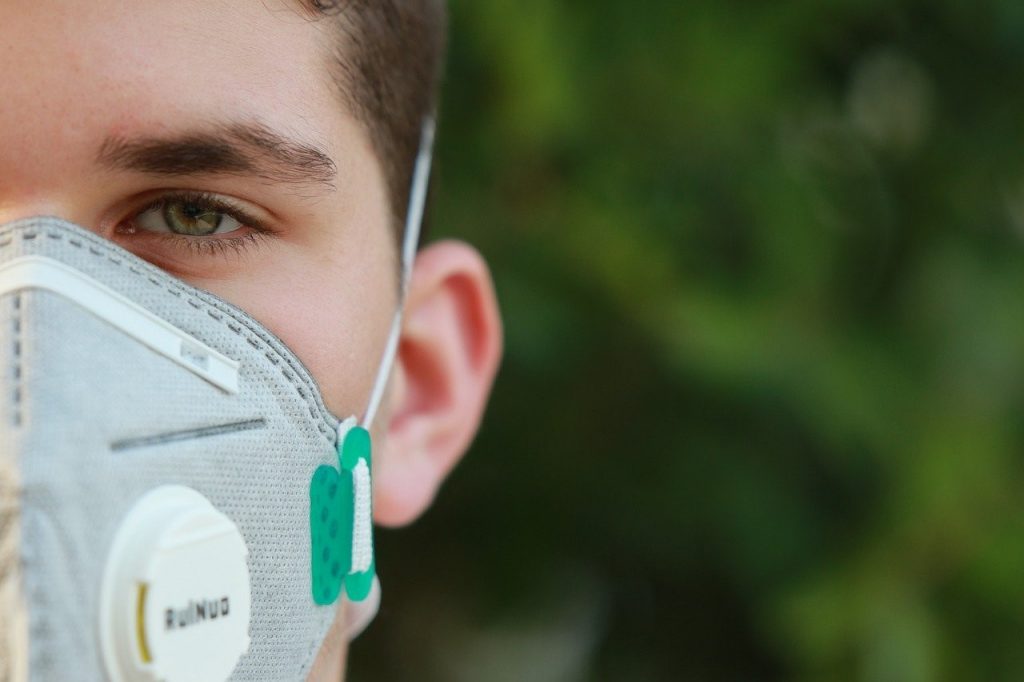The great test of our era seems to be the COVID-19 virus, a contagion that’s already infected thousands across the globe. While the virus itself might be scary, some are seemingly more afraid of something else: the stay at home orders issued in several states.
No unnecessary travel, gathering, or contact is permitted, driving many into unexpected isolation for the foreseeable future.
Where do those with mental health conditions stand during this pandemic? With anxiety disorders affecting millions of people the world over, we can certainly expect some problems, but will it lead to a separate epidemic of clinical depression and other disorders? Let’s dive in and take a closer look at COVID-19’s impact on the world and clinical depression.
There’s A Possibility It Can Add To Symptoms
It’s important that we neither downplay the potential impact of the pandemic on mental health nor over-exaggerate it. Part of the issue in times such as these is the focus on the negative.
You don’t see much on the news that brings hope, do you? The news always focuses on new cases, new deaths, and new threats looming on the horizon (this doesn’t apply to 100% of news, of course, but certainly a large percentage of it).
When’s the last time you heard some good news about COVID-19? Here’s some for you: Greenland, which only had 10 cases of the virus, is fully recovered and now is the only nation affected by the virus with no active cases.
Additionally, hundreds of thousands of people all over the world have recovered from the virus, and are moving on with life. The bottom line here? While you can’t control the virus or the people around you, you can control the media you consume while you’re in isolation.
A good practice is to keep yourself updated with trusted news sources but to also seek good news like recovery stories, etc. Focusing on the negative and letting those bad headlines sink in can damage your mental health, especially if you’re already suffering from depression.
Hope is our best weapon against the current events, and against any of life’s adversity. Don’t let news outlets destroy the hope you have left. Keep yourself informed, but don’t drown in information, either.
Depression Doesn’t Just Appear Overnight
It’s probably safe to assume that isolating people for weeks or months at a time will have some negative side effects on their mental health. After all, humans are social creatures, and we generally don’t enjoy being cramped up in small spaces for extended periods of time. Even introverted people aren’t exactly thrilled about not being able to leave.
An important fact to remember is that depression doesn’t just appear overnight. Self hatred, loss of appetite, extended periods of pervasive sorrow, and mood swings are some of the tell-tale signs of the disorder, but it’s important to know the difference between these and isolation-related symptoms.
You may grow irritable or even sad during your isolation, or feel like you can’t keep a routine. That doesn’t mean that you’re necessarily depressed. However, trauma can cause depression, the viral pandemic could certainly be viewed as a traumatic event for some.
Will it cause an epidemic of depression? Likely not, but you’ll still want to check up on your loved ones (via phone or video chat, of course) in the meantime to see how they’re doing.
There Are Still Resources Intact To Help
It might feel like the world has stopped turning since the stay at home orders have been issued, but essential workers are still operating, as are many industries. This includes mental healthcare facilities in some states. You can also find some great resources online for managing depression and other mental health conditions, as well as online counseling.
Online counseling is an excellent alternative to going into the office and will save you the germ-filled trip to a public place. Online counselors are just as qualified as in-person counselors, and can help guide you through the situation and monitor your mental health.
Follow Orders!
We’ve all seen headlines about parties or other gatherings being forcefully broken up by police or state authorities, so here’s some helpful advice: follow state and federal orders. Not only are the orders mandatory, but they’re in place to ensure everyone’s safety and to halt the spread of the virus.
We understand it’s tough. It’s tough for all of us, but the best way to get through it intact is to band together and do what’s right for the benefit of everyone! That being said, don’t forget about yourself, either.
If you’re feeling depressed, suicidal, or think you might be starting to experience depression symptoms, it’s important to address those issues right away. Let’s all come out of this a happier, healthier society!
